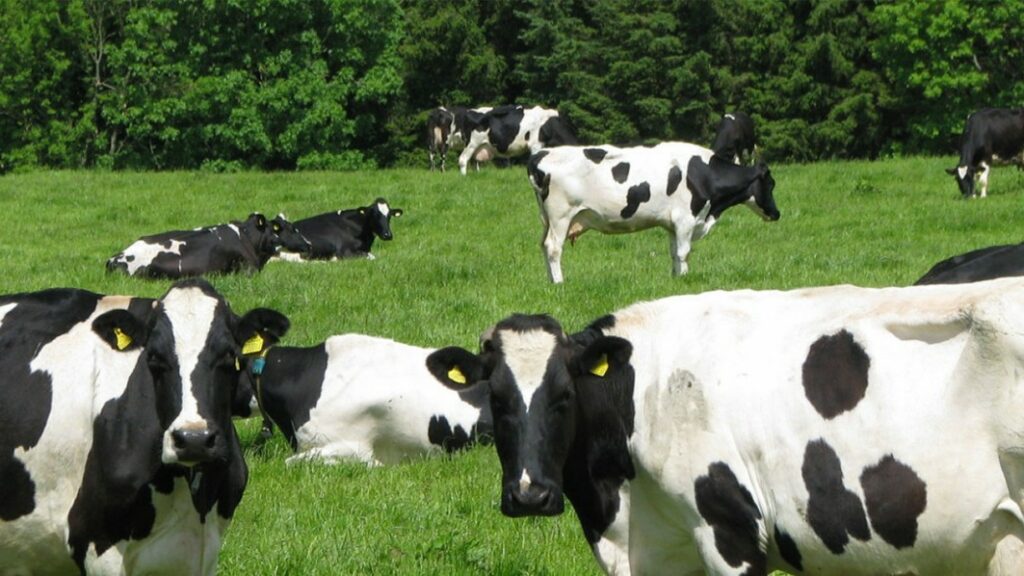Queensland council calls for Bali travel ban over foot and mouth disease
Richard Dinnen - Queensland Editor |

The South Burnett Regional Council wants the Federal Government to suspend all travel between Australia and Bali as concerns escalate over an outbreak of Foot and Mouth Disease (FMD) in Indonesia.
Councillor Scott Henschen said if the disease gets in to Australia, it would cause $80 billion damage to the livestock industry in the first 48 hours.
“FMD affects all cloven foot animals including cattle, sheep, and pigs. There is no cure, no vaccine.
“The only action you can take is to shoot and burn your livestock. This is the greatest threat to our livestock industry that I have seen in my lifetime.”
South Burnett Mayor, Brett Otto, said the FMD threat is a national emergency with dire consequences for his region.
“Seventy-one per cent of our economy is based on livestock. We need to know everything possible is being done at our borders to prevent the calamity of FMD coming in on the sandals of those who have been holidaying in Bali.
“The cost of COVID will be nothing compared to the economic devastation that would result if Australia’s cattle, sheep and pig industries are shut down.
“The ripple effect would extend the damage to large employer food processors in Kingaroy, and to support services such as transport and the farmers who grow fodder crops.
“Supermarket shelves would be far emptier than missing a few toilet rolls if FMD gets into Australia.”
South Burnett Regional Council resolved yesterday to facilitate a regional forum of stakeholders and government decisionmakers on the threat posed by the recent outbreak of FMD in Bali.
FMD is the world’s most feared disease of livestock. It’s a highly contagious viral infection present in many areas of southeast Asia.
The current outbreak affects 20 Indonesian provinces and 227 districts or cities, including the island of Bali, a popular destination for Australian holidaymakers.
More than 300,000 cattle have been infected.
Federal Agriculture Minister, Murray Watt, is currently in Indonesia, assessing the local response to FMD and looking for ways Australia can support efforts to contain it.
The FMD virus can persist on items like clothing and shoes for long periods after exposure, making travellers who visit farms or rural areas a powerful vector of transmission.
There have been calls in Australia for strict biosecurity measures at airports, including disinfectant footbaths to treat potentially exposed passengers,
Australia has historically been free of FMD and has not seen a threat from a near neighbour since the 1980s.
In 2001, an outbreak in the United Kingdom killed more than 6.5 million livestock and cost £8 billion.
South Burnett Regional Council wants all local governments to participate in immediate collective action to prevent FMD coming to Australia. Deputy Mayor, Gavin Jones, said a national effort is essential.
“Once it gets to the farm gate, or even the town boundary, it’s too late.”